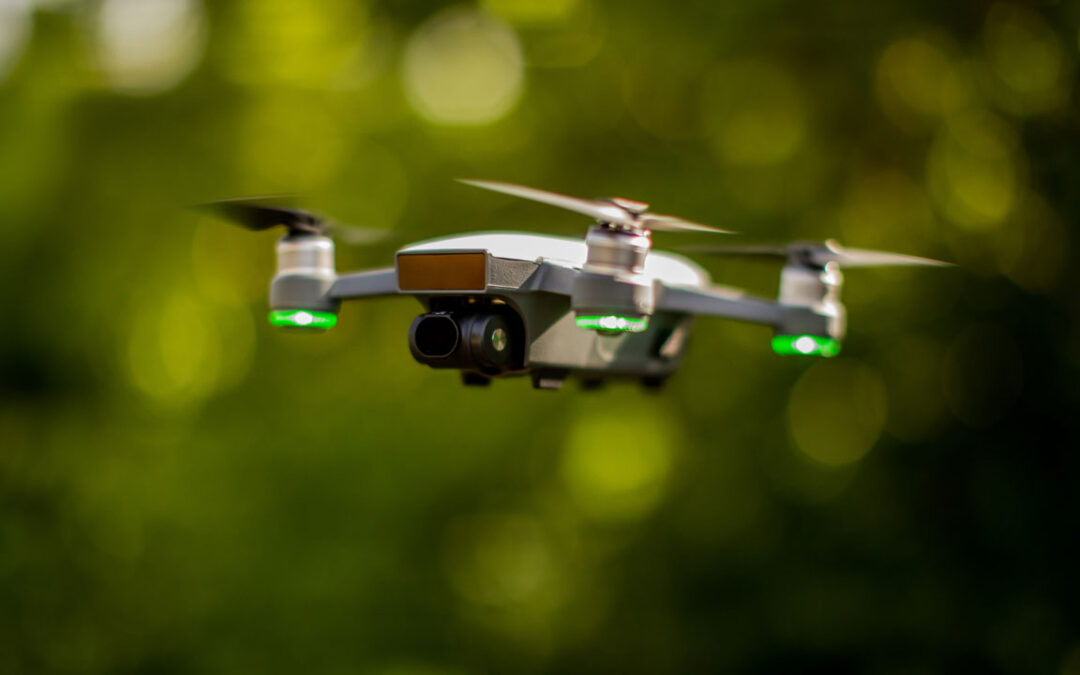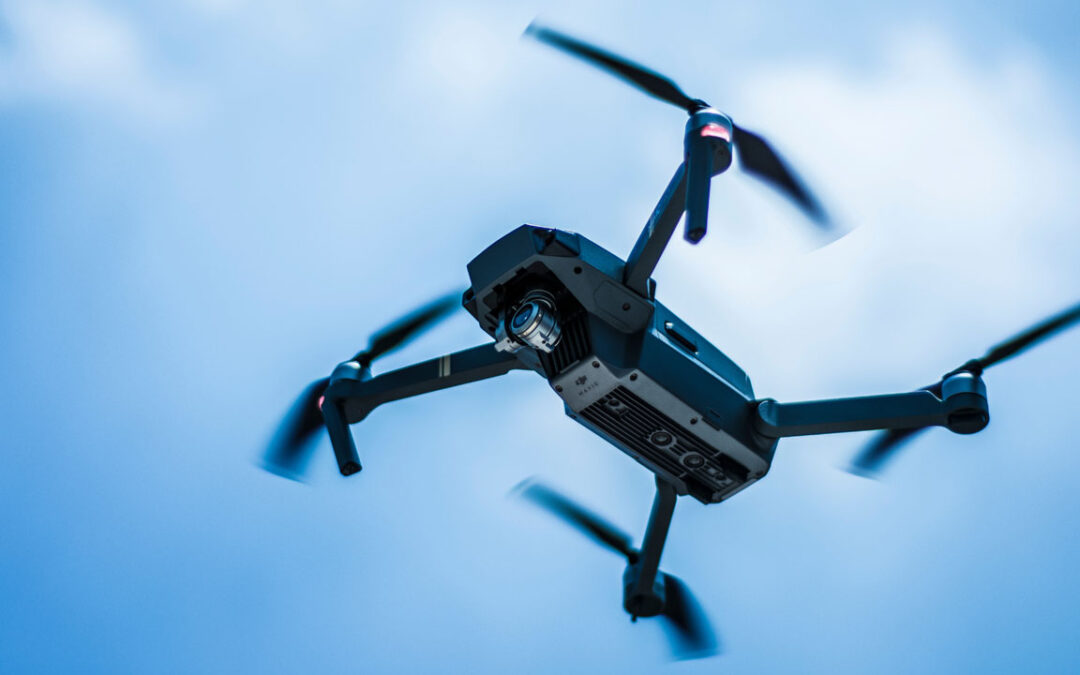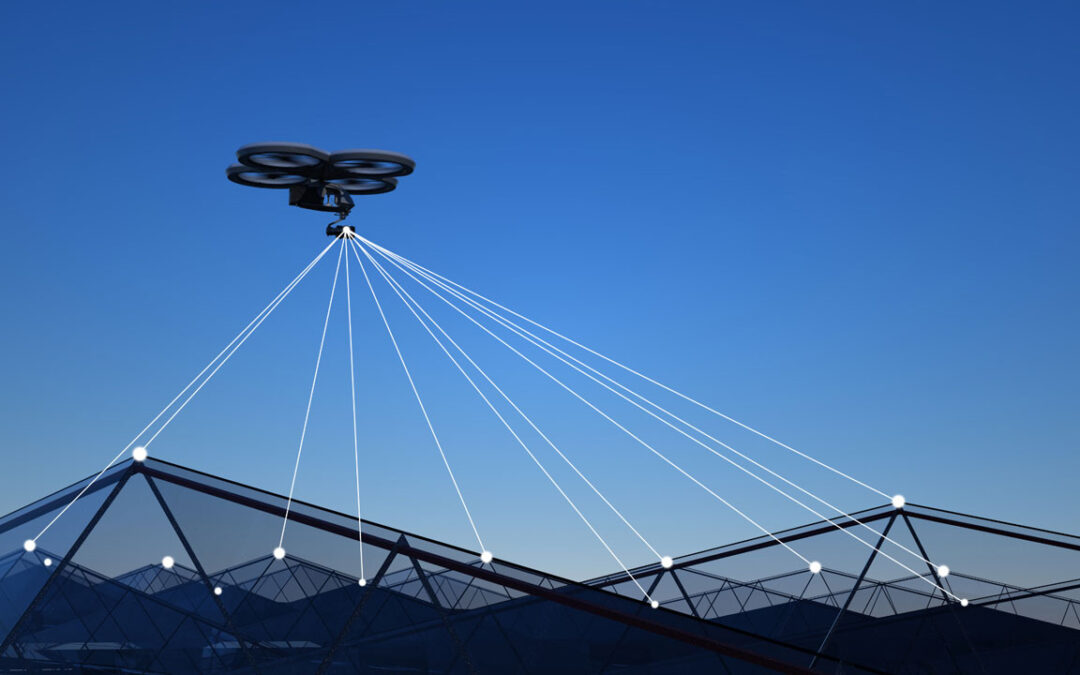BLOG
Protecting your most valuable assets, people, property and information.

Elevating Presidential Security: Incorporating Advanced Drones in All Secret Service Operations & Advances
The incorporation of advanced drone technology into Secret Service operations presents a significant opportunity to elevate presidential security. By enhancing surveillance capabilities, enabling rapid response, and optimizing resources, drones can play a crucial role in protecting the President and ensuring national security.

Protecting Your Employees from High Crime, Robbery and Theft
Implementing a multifaceted security strategy is essential to protect employees from high crime, robbery, and theft. By combining physical security measures, employee training, technology integration, and strong policies, you can create a safer work environment. Continuous assessment and improvement of security practices will help ensure ongoing protection for your employees and assets.

Drones Can Be the 4th Ring of Protection for Your Luxury Shopping Mall
Integrating drones as the fourth ring of protection for a luxury shopping mall offers numerous advantages in terms of enhanced surveillance, rapid response, and operational efficiency. By leveraging advanced drone technology, mall management can significantly improve their security posture and deliver a superior shopping experience.

Securing the Universities Graduation – “Creating a Comprehensive Security Plan for Events and Gatherings”
Creating a comprehensive security plan for events like the USC graduation involves meticulous planning, coordination, and execution. By addressing potential risks, deploying a trained security team, implementing robust access control, and maintaining effective communication, you can ensure a safe and successful event. Continuous assessment and improvement of the security measures will help in managing future events more efficiently and securely.

Understanding the Role of Private Security in Community Safety
Private security plays a significant role in enhancing community safety. As public law enforcement agencies often face resource constraints and high demand, private security firms can fill critical gaps, providing tailored services that contribute to the overall security and well-being of communities. Here’s an in-depth look at the role of private security in community safety.

Top Technology Trends in Executive Protection: From AI to Drones
Some of the top technology trends in executive protection are artificial intelligence and drones. The integration of these advanced technologies is revolutionizing executive protection, enabling security teams to adapt to evolving threats and safeguard the well-being of high-profile individuals effectively.

Drones in Executive Protection are Another Tool to Protect our High-Net-Worth Clients
Drones play a vital role in augmenting executive protection efforts. Newest and sophisticated drones provide enhanced surveillance capabilities, rapid response capabilities, and cost-effective security solutions for safeguarding high net worth clients and their assets. Here’s how drones contribute to enhancing the security measures.

Why Executive Protection Agents Should Not Put Pictures of Working Protection Details and Clients
Executive protection agents should exercise utmost discretion when it comes to sharing pictures of working protection details and clients. It’s essential for protection agents to prioritize the safety and privacy of their clients above all else. Any sharing of information or images should be done with careful consideration and with the explicit consent of the client.

The California Experiment of Making Crime Legal Isn’t Working? Nor are their Anti-Law Enforcement Policies.
California has implemented various criminal justice reforms aimed at reducing incarceration rates, addressing root causes of crime, and promoting alternatives to incarceration for certain non-violent offenses. These reforms often involve changes in sentencing laws, diversion programs, and investments in community-based initiatives.

WPG’s 4 Rings of Executive Protection: Outer, Middle, Inner Rings, and now the Sky Ring of Executive Protection
Executive protection companies offer a combination of physical security, threat assessment, and logistical planning to ensure the safety of their clients, such as executives, high-profile individuals, or public figures. WPG establishes the 4 layers or rings of protection to mitigate potential risks – the outer ring, middle ring, inner ring, and security in the sky. Learn more about Drone Security, the most modern and effective security tool that WPG provides.







